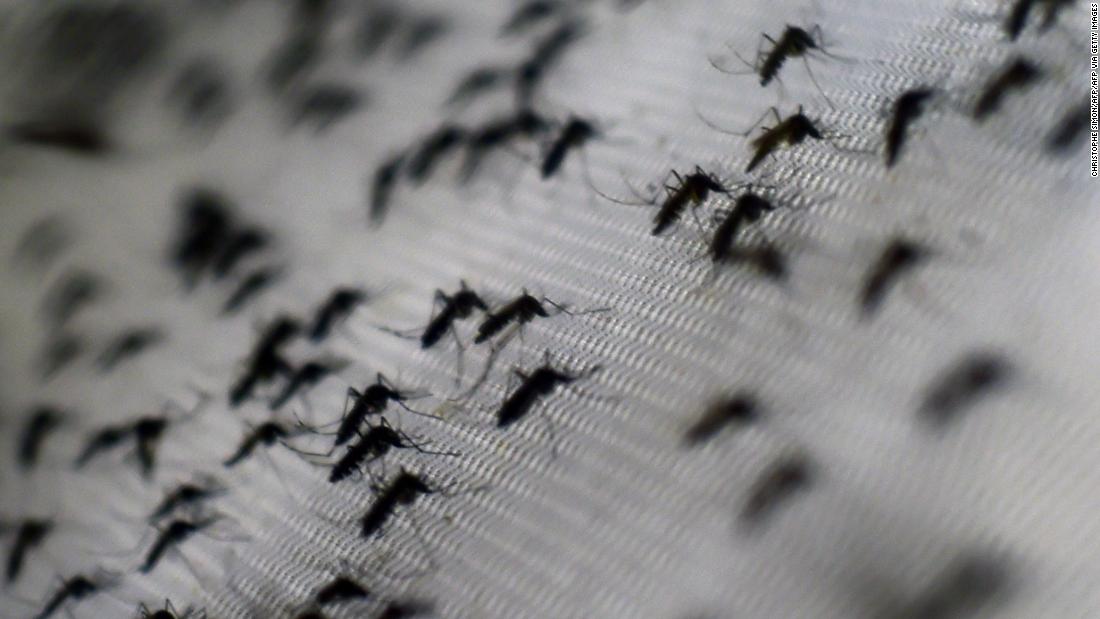MoreBack to News Headlines


Modified mosquitoes reduce dengue cases by 77% in Indonesia experiment
CNN
An experiment to infect mosquitoes with bacteria that stop them from transmitting viruses appears to have helped reduced the spread of deadly dengue virus in Indonesia, researchers reported Wednesday.
The modified mosquitoes thrived for three years, and cases of dengue were reduced by 77% in areas where they were introduced, the researchers reported in the New England Journal of Medicine. The mosquitoes are infected with bacteria called Wolbachia, which not only interfere with the ability of viruses to live in the bodies of the insects, but which also control reproduction so that the mosquitoes only have Wolbachia-infected offspring. The result is a growing population of insects that don't pass on viruses such as dengue, yellow fever and Zika.More Related News

Websites for Harvard College centers serving minority students, LGBTQ students and women vanished on Wednesday, according to reporting by The Harvard Crimson, marking the continued unraveling of diversity initiatives at the nation’s most prestigious university as it faces continued pressure from the Trump administration.





















 Run 3 Space | Play Space Running Game
Run 3 Space | Play Space Running Game Traffic Jam 3D | Online Racing Game
Traffic Jam 3D | Online Racing Game Duck Hunt | Play Old Classic Game
Duck Hunt | Play Old Classic Game










